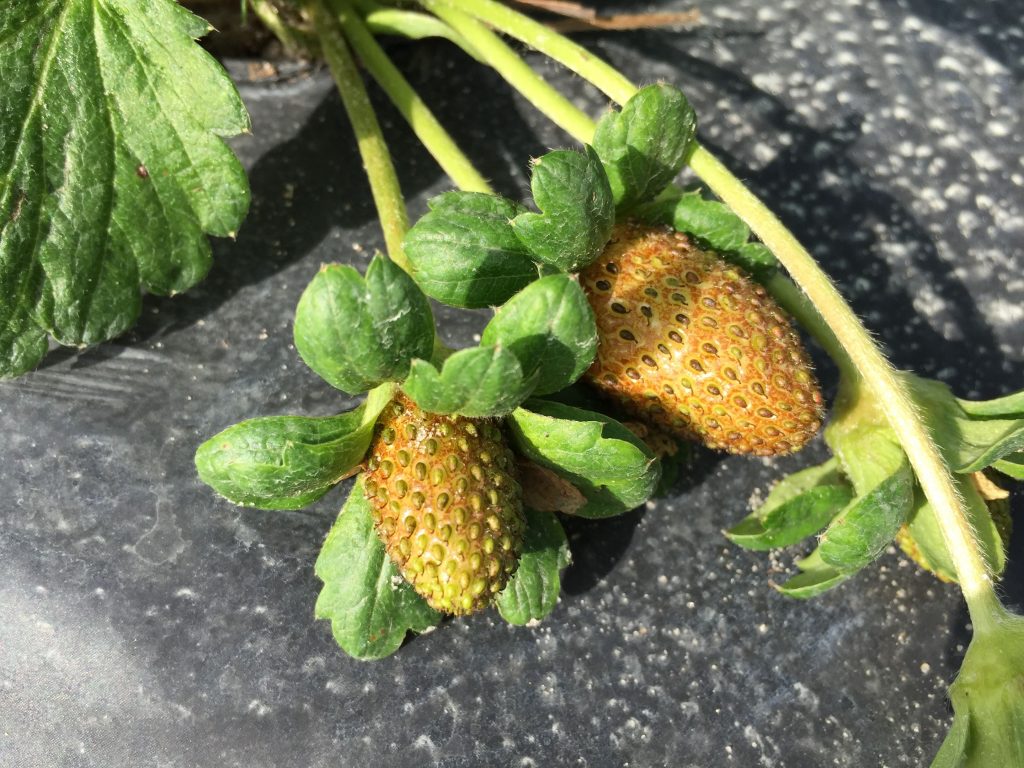
BALM, Fla. — University of Florida Institute of Food and Agricultural Sciences (UF/IFAS) researchers have discovered a more environmentally-friendly way to control the chilli thrips in strawberries. It includes using less pesticides.
With a new, biological control method, farmers could save up to 5,000 gallons a year in pesticides that would be used on the crop, said Sriyanka Lahiri, a UF/IFAS assistant professor of entomology.
While pesticides kill thrips, they also can also destroy beneficial insects. These include predatory mites and pollinators. This can lead to a pest resurgence and less fruit yield. Lahiri’s new research points toward using mites to control the thrips.
In newly published research, UF/IFAS entomologists found that a biopesticide and the predatory mite Amblyseius swirskii, can more effectively control chilli thrips than using traditional pesticides. With the treatments, scientists observed little damage to the strawberries.
Specifically, Lahiri, a faculty member at the Gulf Coast Research and Education Center, put thrips on a UF/IFAS-bred ‘Florida Radiance’ strawberry plant. Then she sprayed the biopesticide and added predatory mites. The result was less fruit damage. The new management strategy eliminated most of the thrips.
“This is especially relevant for organic strawberry production, because there are very few effective tools to manage thrips that are also certified to be used in organic production,” said Lahiri.
About one-third of the strawberries cultivated in Florida are organic.
The news from Lahiri’s lab comes at an optimal time. Most strawberry growers have planted their fruit for this season. The strawberry season comes to a peak in January and ends in early March across a huge swath of western and central Florida – mostly in the Tampa Bay region.
In recent years, chilli thrips have caused significant economic damage to strawberries. They feed on plant tissue and reduce fruit size, leaving farmers with fewer strawberries to sell.









